Linking professional management responsibilities with human resource management
Continuing the meeting this morning, November 20, under the direction of Vice Chairwoman of the National Assembly Nguyen Thi Thanh, the National Assembly discussed the draft Resolution of the National Assembly on specific mechanisms and policies to implement Resolution No. 71-NQ/TW dated August 22, 2025 of the Politburo on breakthroughs in education and training development.

The majority of National Assembly deputies approved the issuance of the National Assembly Resolution on a number of specific and outstanding mechanisms and policies to make breakthroughs in education and training development in order to promptly, fully and effectively institutionalize the viewpoints, goals, tasks and breakthrough solutions stated in Resolution No. 71-NQ/TW of the Politburo; creating a specific and outstanding legal corridor for the Government, ministries, branches and localities to synchronously and drastically implement from 2026.
.jpg)
At the same time, focus on removing major bottlenecks in institutions, human resources, finance and administration, effectively unblocking and mobilizing all resources, creating new momentum and development space for the entire education sector; promoting real university autonomy, improving the quality of human resource training...
However, National Assembly Delegate Nguyen Thi Tuyet Nga (Quang Tri) said that this Resolution should only institutionalize specific contents and outstanding mechanisms that laws cannot address to implement breakthrough policies for education. Therefore, it is necessary to review more carefully, not to stipulate contents that have been prescribed and can be prescribed in the law to have a shorter and truly specific and outstanding Resolution.

At Point b, Clause 1, Article 2 of the draft Resolution stipulates that the Chairman of the People's Committee at the commune level has the authority to mobilize, transfer, and arrange job positions for personnel at public educational institutions managed by the commune.
While believing that this regulation clearly demonstrates the strong decentralization and delegation of power associated with the characteristics of the 2-level local government model, National Assembly Delegate Trinh Thi Ngoc Diem (Can Tho) also pointed out the current reality that at the commune level there is no specialized education agency, only a department of culture and society, with a civil servant in charge of the field of education and training.

According to the delegate, the work of mobilizing, transferring, seconding, arranging, assigning, and changing job positions for teachers, managers, and employees in public educational institutions is not just a matter of procedures or processes, but must be associated with the comprehensive assessment and management of educational personnel in terms of professional capacity, ethics, development direction, and ability to meet task requirements.
Meanwhile, this authority is currently assigned to the Director of the Department of Education and Training.
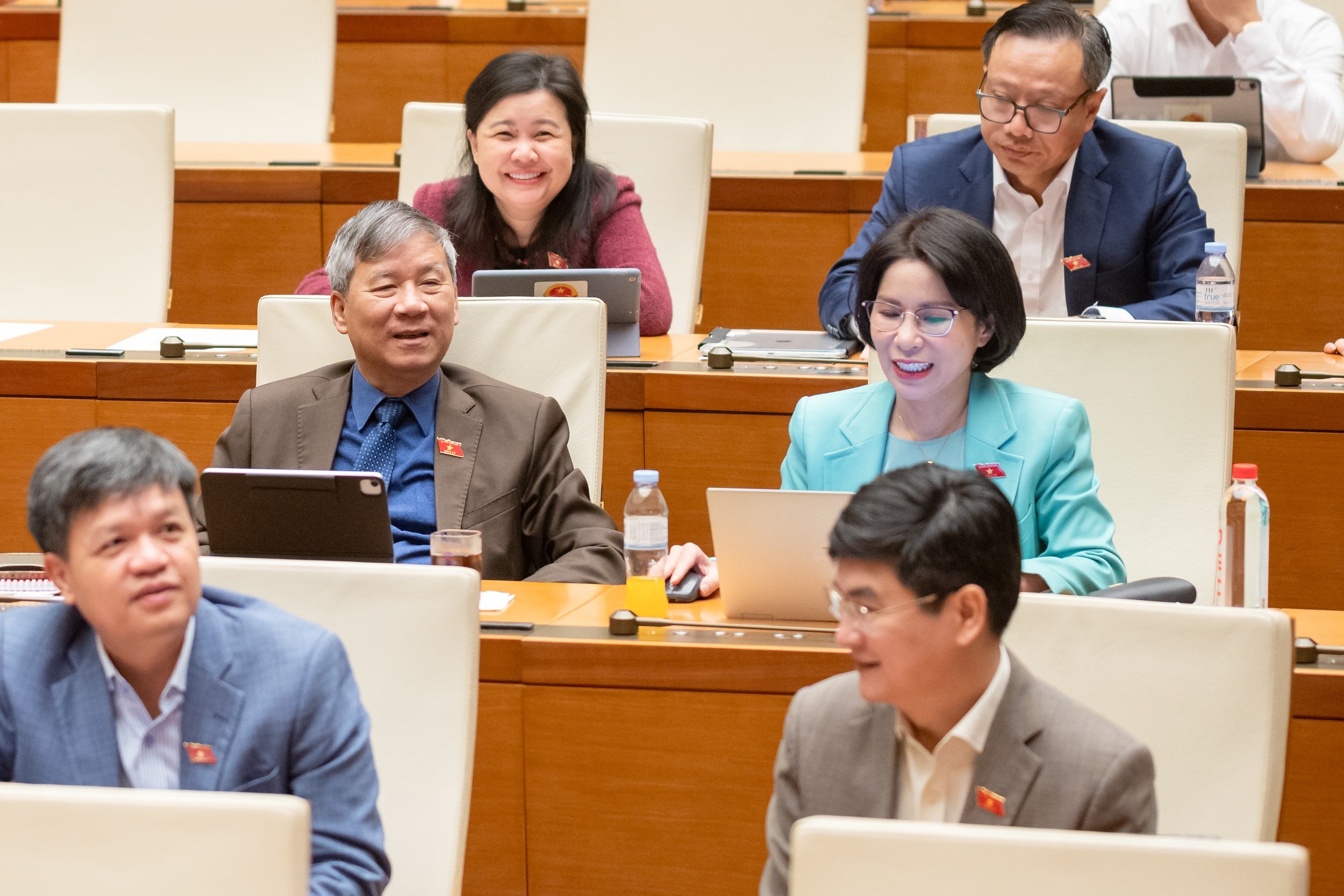
"Thus, if all authority is given to the People's Committee at the commune level, it will easily lead to a lack of persuasiveness in personnel work, a lack of thoroughness and rigor in the assessment work, and a lack of accurate multi-dimensional information. At the same time, it is not consistent with the spirit of Resolution 71, which is to ensure the principle of linking professional management responsibilities with human resource and financial management."
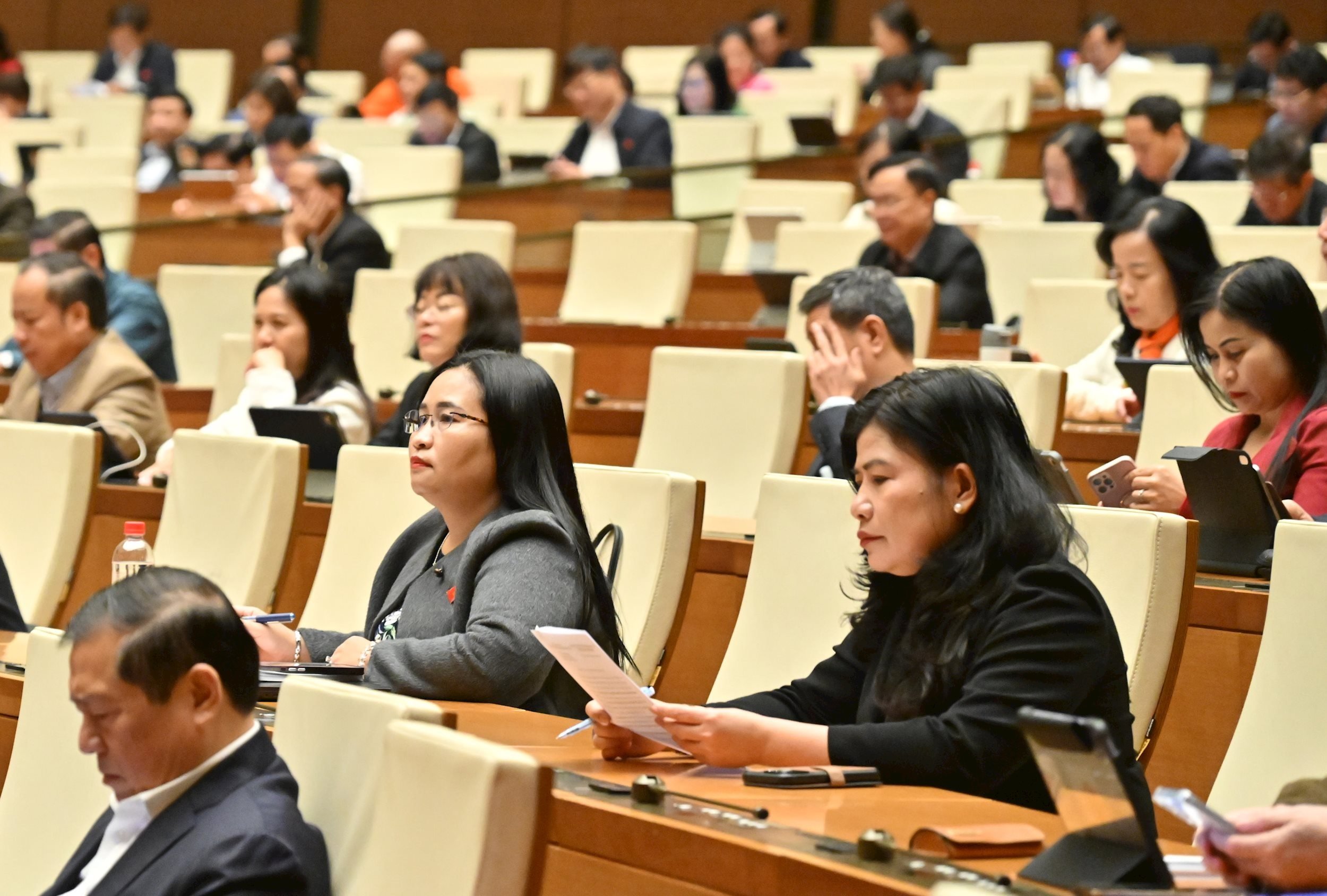
From the above analysis, delegate Trinh Thi Ngoc Diem suggested that the authority to mobilize and arrange personnel should still be delegated to the Chairman of the People's Committee at the commune level to be consistent with the 2-level local government model. At the same time, professional and technical management and educational management capacity should not be separated from the education sector. Through a close coordination mechanism, only a part of the authority should be delegated to the locality to ensure consistency in the recognition and evaluation of personnel work as well as comprehensive management of the team.
Need for higher incentives for preschool staff in disadvantaged areas
Regarding the special policy of superior treatment for human resources in the education sector, Point a, Clause 2, Article 2 of the draft Resolution stipulates that preferential vocational allowances are implemented for public preschool education institutions with a minimum level of 70% for teachers, 30% for staff and 100% for teachers working in areas with especially difficult socio-economic conditions, border areas, islands and mountainous ethnic minority areas.
National Assembly Deputy Hoang Van Cuong (Hanoi) said that in the country's education career, teachers are truly cared for with specific policies and regimes, not just honored with words. This demonstrates the consistency in the Party's policies and guidelines and the laws issued by the National Assembly, in which teachers' salaries are ranked highest in the administrative salary scale system.
.jpg)
According to the delegate, having a higher allowance will help teachers have a better income, be more aware of their responsibility to society and students, and will devote all their heart and soul to teaching in school. Increasing the remuneration for teachers is only a small investment of society but brings benefits to hundreds of thousands of students and has a very high social effect.
Delegate Hoang Van Cuong emphasized that when teachers are given more attention, society's requirements for teachers will also be higher, and society's supervision of teachers' performance of duties and responsibilities will also have to be tighter and more in-depth. This mechanism will help form a team of standard teachers - the decisive factor for the success of the country's education system.
Through research, National Assembly Deputy Pham Hung Thang (Ninh Binh) proposed to study, consider and expand the preferential allowance to include public preschool and primary school teachers working in areas with difficult socio-economic conditions, or if not 100%, then at a level higher than 70% to avoid disadvantages for this group.
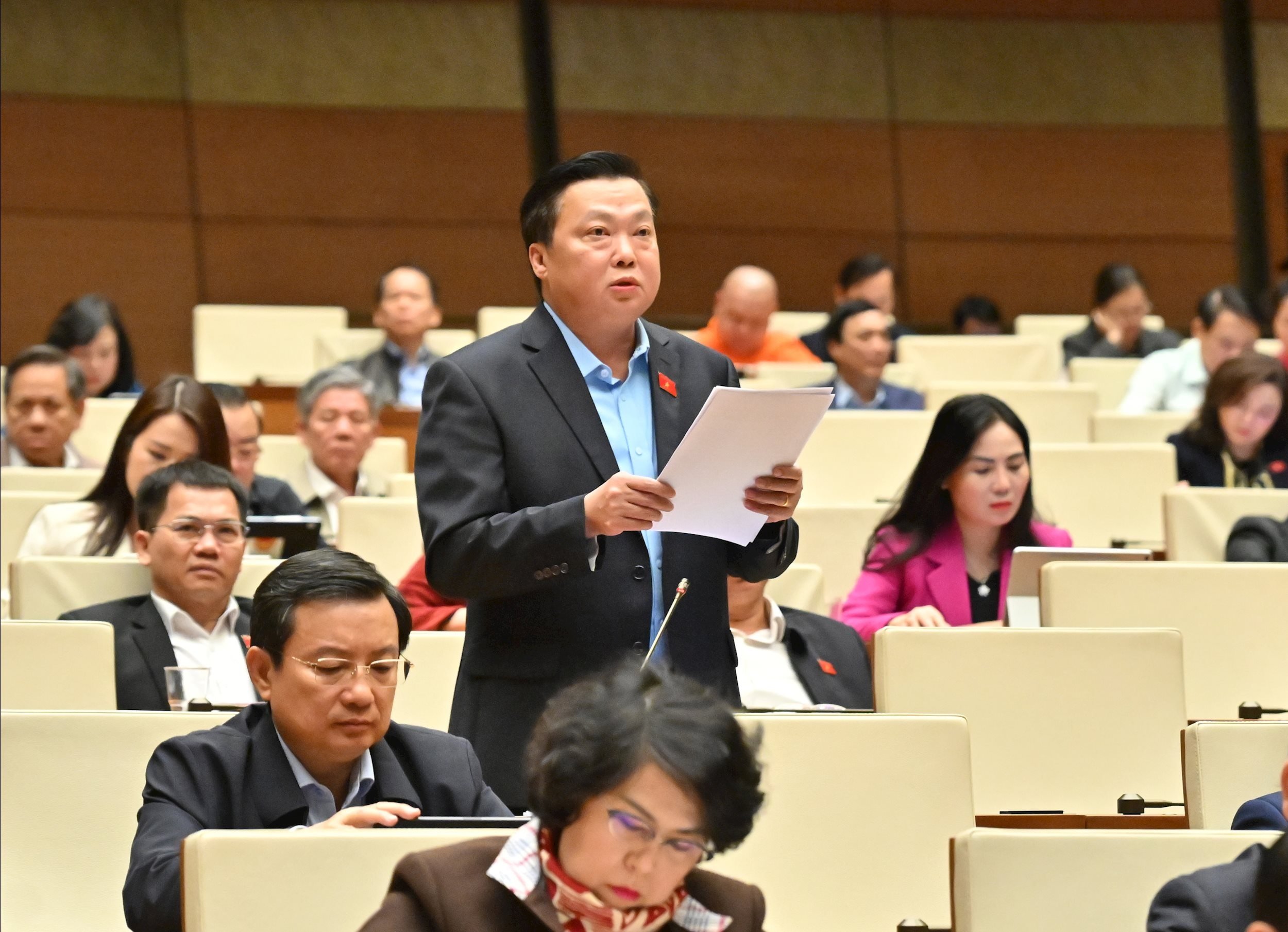
Another issue is that the 30% preferential allowance is applied to all employees working at public preschools and general education establishments in all regions. There is no difference between regions with developed socio-economic conditions, regions with difficult socio-economic conditions and even regions with especially difficult socio-economic conditions or border islands, mountainous ethnic minority regions.
Considering this regulation unreasonable, delegate Pham Hung Thang suggested continuing research to have regulations on higher preferential allowances for staff working at public preschools in areas with difficult and especially difficult socio-economic conditions compared to areas with developed socio-economic conditions.
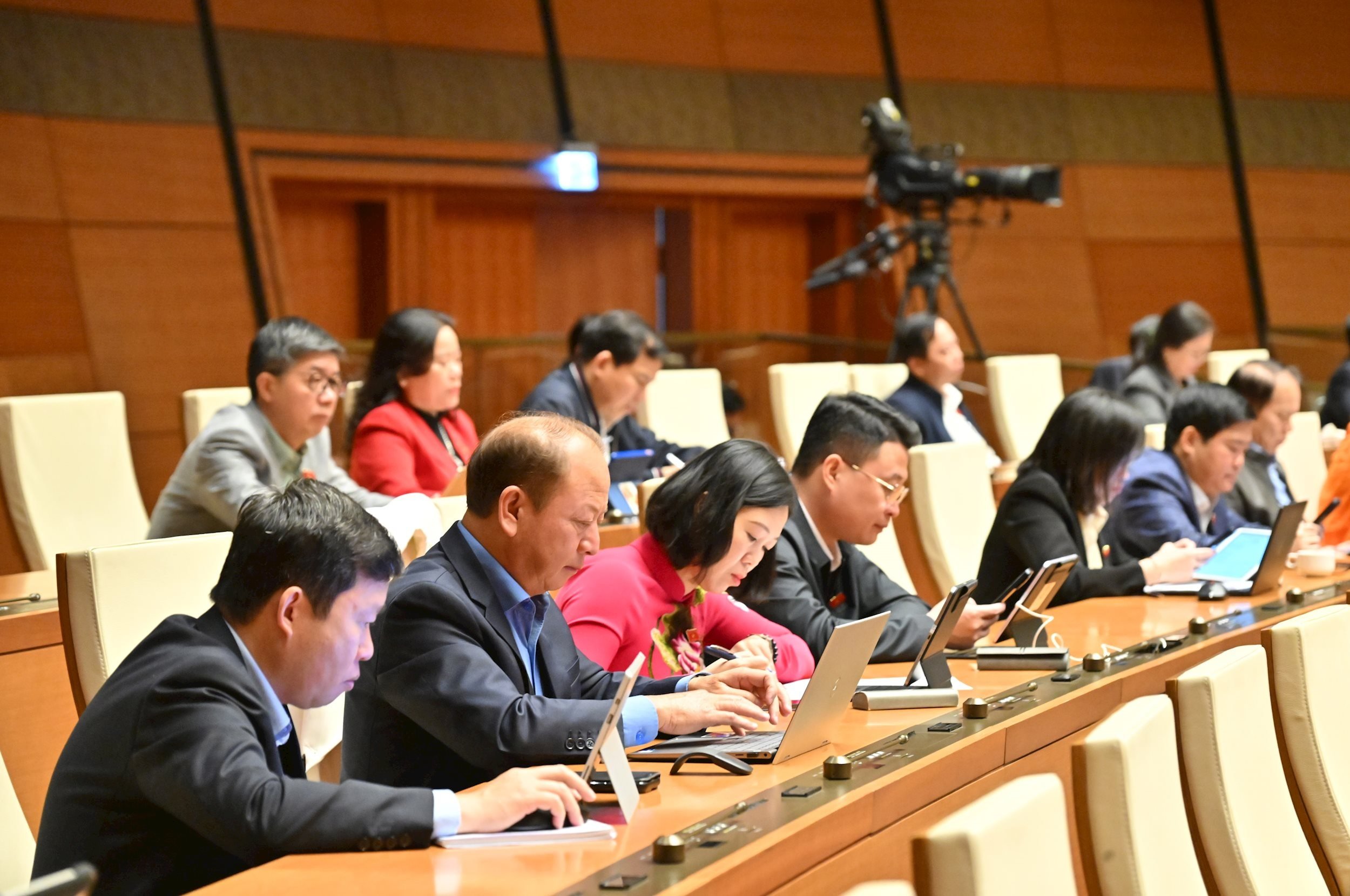
Looking further into the outstanding special policy mechanism, delegate Trinh Thi Ngoc Diem suggested that it is necessary to add specific tasks and solutions to promote decentralization and delegation of power associated with resource allocation.
Supplement specific policies to build the Vietnamese human values system, educate morality, intelligence, physical fitness, aesthetics, the most core values are building school culture, controlling the negative impact of media and social networks on education, preventing, repelling, and eventually ending school violence and school drugs.
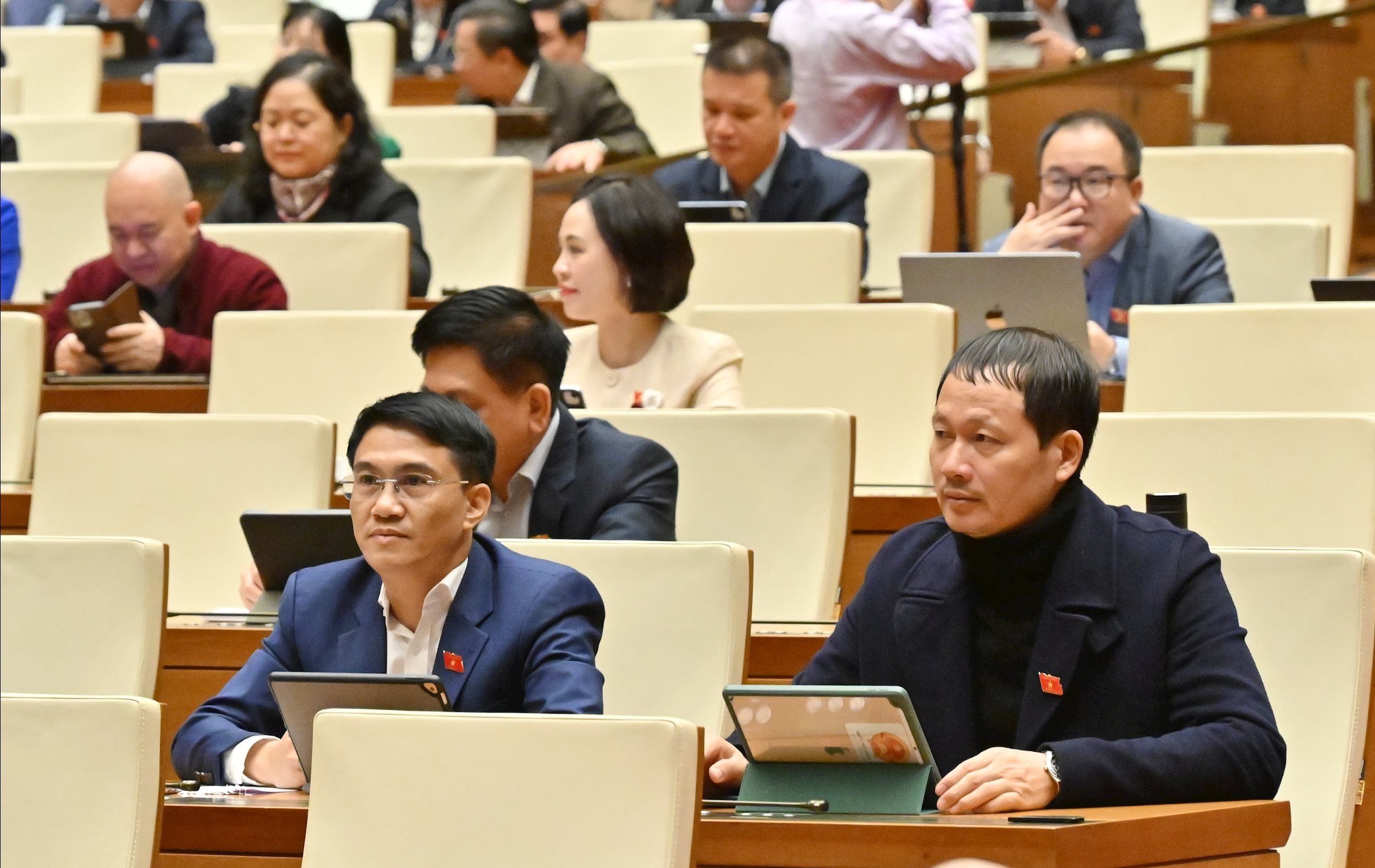
Develop specific and outstanding policies to truly manage the quality of inspection and control the output of the entire system effectively according to Resolution 71, contributing to improving the overall quality and enhancing the position of the education sector.
Develop mechanisms and plans to reorganize the school network from kindergarten to university, restructure and merge facilities with small classrooms and a lack of teachers, and merge and dissolve substandard schools with staff that do not meet the needs.
Source: https://daibieunhandan.vn/bo-sung-chinh-sach-dac-thu-de-xay-dung-he-gia-tri-con-nguoi-viet-nam-10396360.html








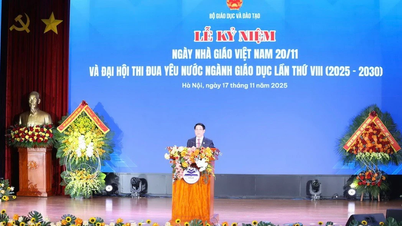

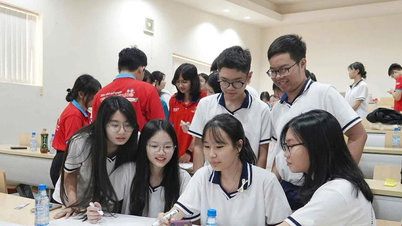




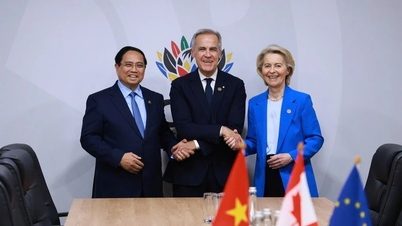

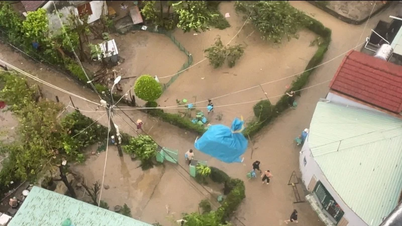
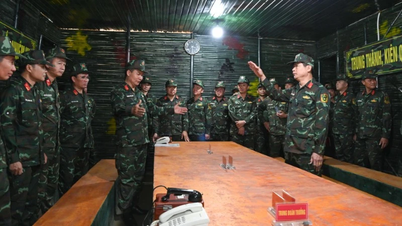
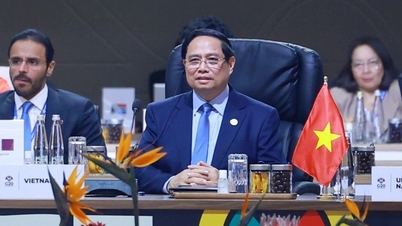



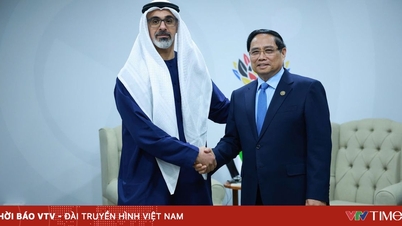





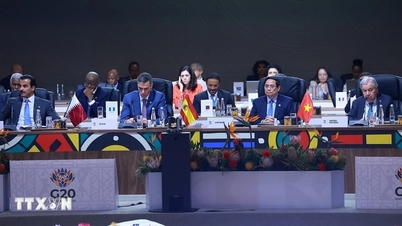
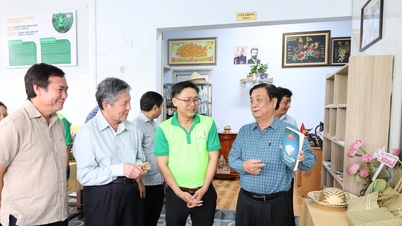
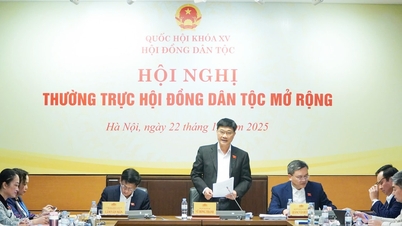
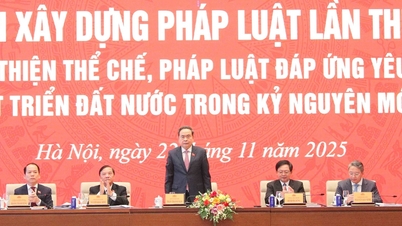
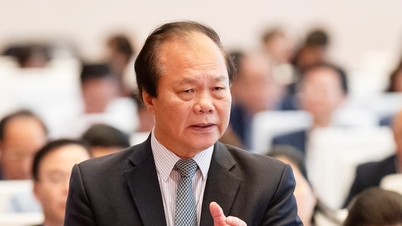
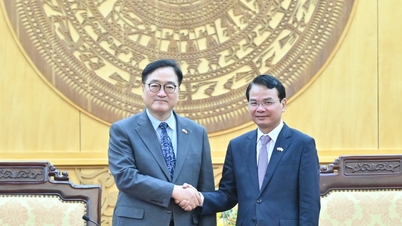







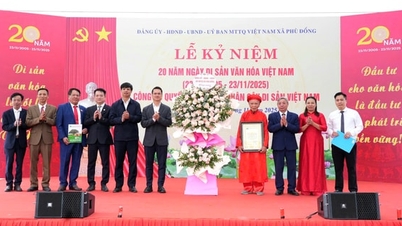


































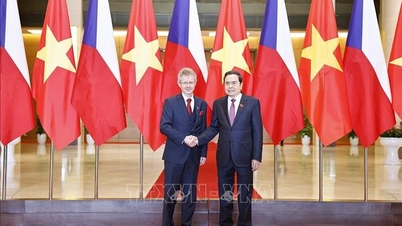

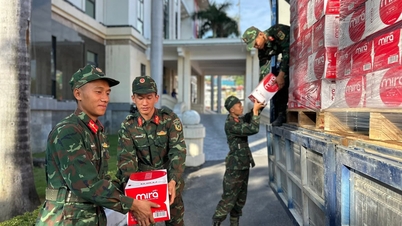
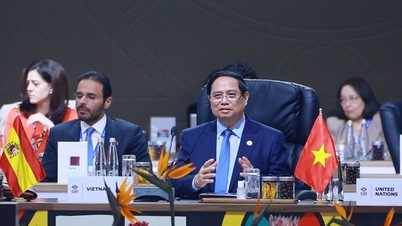





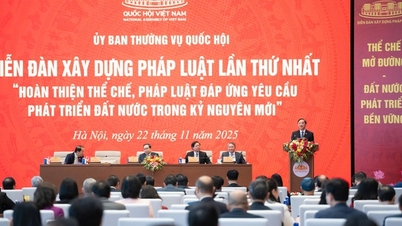

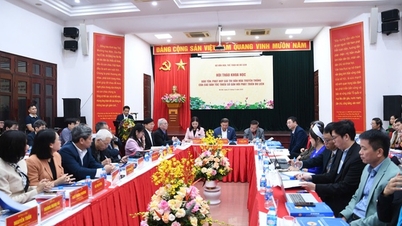
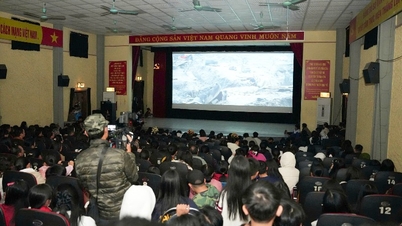



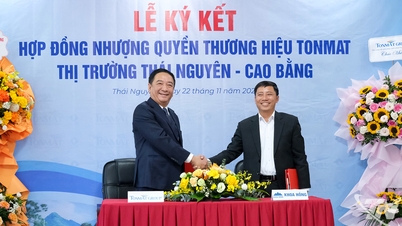

















Comment (0)